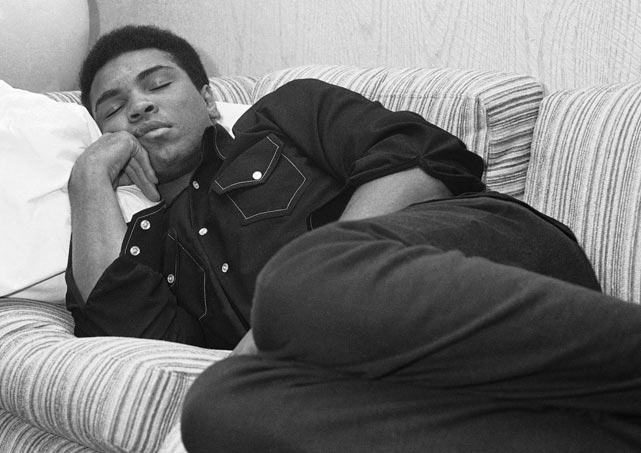
Muhammad Ali Sleeping
The expression, “It’s quality, not quantity” can be used for a number of situations. Sleep is one of them. While the number of hours a person sleeps each day is important, the quality of sleep is even more crucial.
Both mental and physical performance relies on high quality sleep. High quality sleep occurs in four sleep stages – light sleep, transition to deep sleep, slow-wave sleep and rapid eye movement (REM) cycles.
When a person is able to get the right balance of all four of these stages, their body produces more of the human Growth Hormone (HGH). HGH is essential to muscle recovery. In addition, sleep lowers cortisol levels which keep glucose levels in line. Sleep also helps athletes be more mentally alert.
Monitoring how well a person sleeps is not easy. According to Dr. Jeffrey Epstein, Chief Medical Officer for Sleep Health Centers in Brighton, MA, a person is their own worst judge for how well they sleep. Because a person is in dreamland when they are in a completely deep sleep, they are unable to consciously recognize how many REM cycles they experienced and how long they were in deep sleep – both essential attributes to rate the quality of sleep.
Here are a few ways athletes can monitor their sleep patterns and performance without relying on their own judgment.
1. Keep a Journal:

While you may not be able to remember specifically how many REM cycles you had or how long you were in deep sleep, you can monitor other relevant factors to help improve your sleep performance over time.
Track the food and drink you consume before bed, how much activity you had during the day, the number of hours you slept, how much anxiety you had, how many times you woke up during the night and how you felt the next day.
Over time, you may be able to notice some patterns that can help you improve your sleep performance and allow you to establish better sleep patterns.
2. Zeo Personal Sleep Coach:
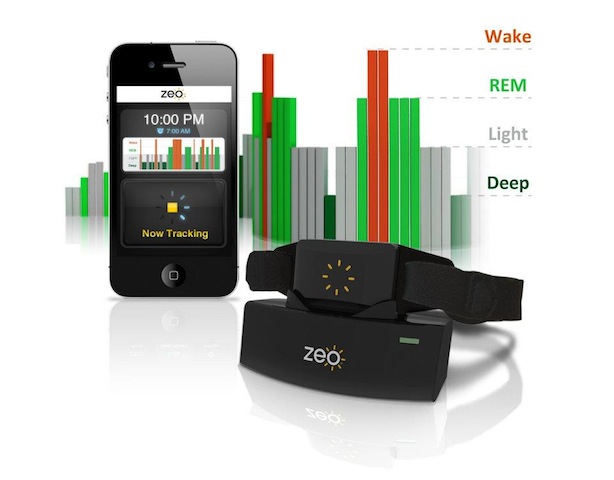
Zeo Sleep
For far more accurate sleep results, many professional athletes and people who simply want to know why they feel better some nights over others use Zeo.
This is a headband that you wear while you sleep. The band is able to monitor brain waves and deliver a detailed report of exactly how well you slept. This information can be downloaded to any smartphone or computer.
Then, gym performance and mood can be tracked over time based on this information to give more accurate information about how sleep impacts recovery and performance.
3. FitBit:
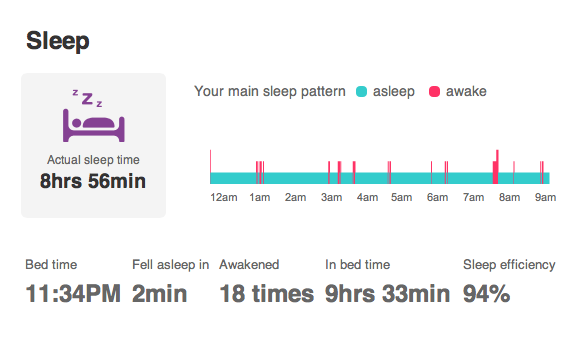
fitbit application
Another piece of technology that has helped athletes track sleep patterns is FitBit. This device can be worn as a clothespin during the day and around a person’s wrist at night. It tracks not only sleep patterns and behaviors, but also activity levels throughout the day.
With FitBit, athletes get a report of their all-around health during hours of sleep and the hours they are active. Free applications available in the iPhone or Android then receive these reports.
The app also works with other fitness applications, such as Map My Fitness, Runkeeper and LoseIt.
As technology advances, so does a person’s ability to improve their overall health by monitoring sleep patterns and performance. Encourage your athletes to do what they can to monitor their sleep patterns. Then, use this as a way to continue the discussion of how sleep impacts recovery and performance in the gym.
—
Kareem Mayan is a co-founder of SocialWOD, the only WOD tracker that tracks every athlete at a gym by scanning your whiteboard photos.

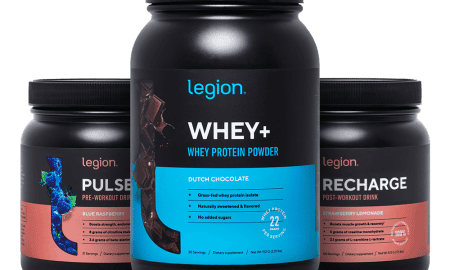
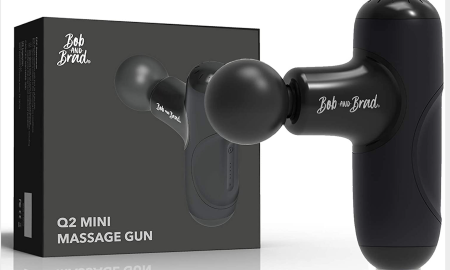
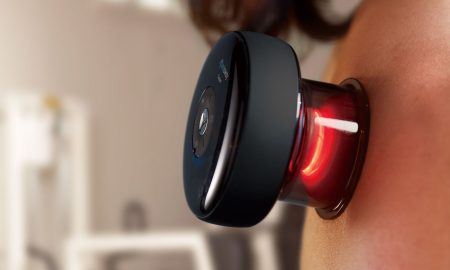
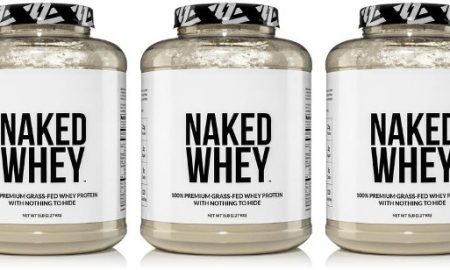
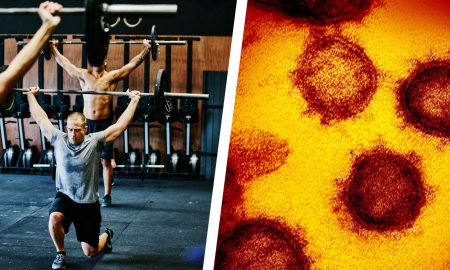

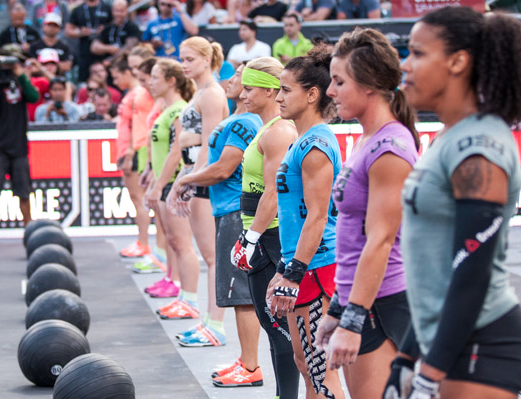


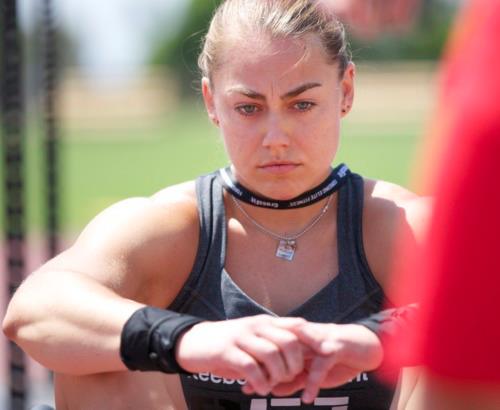

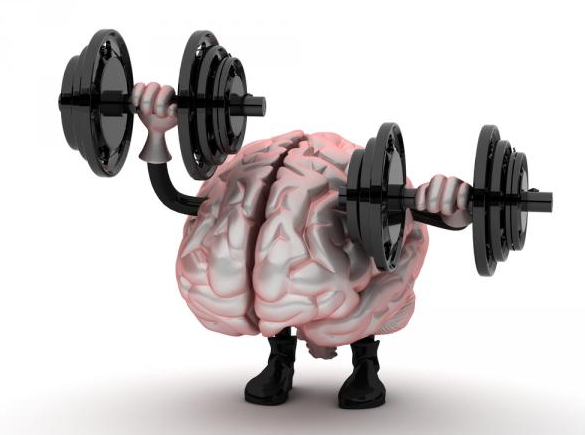

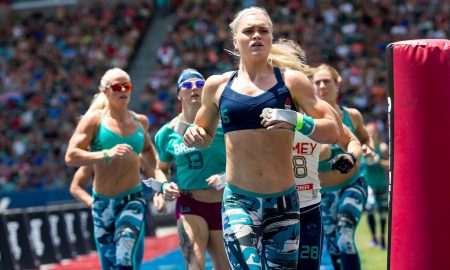


Follow Us